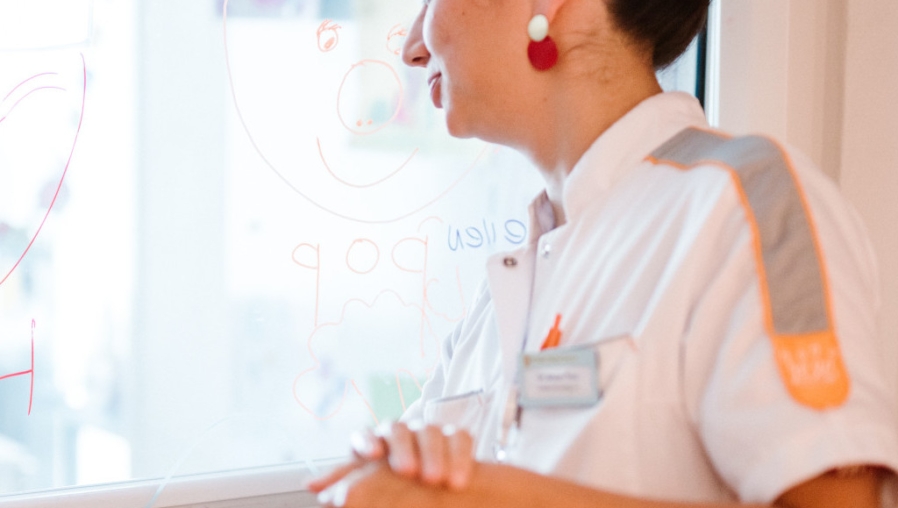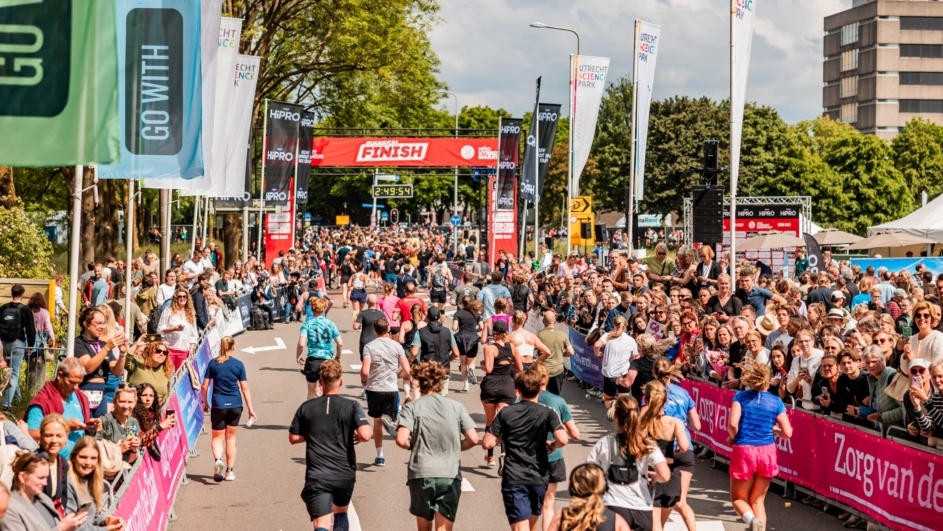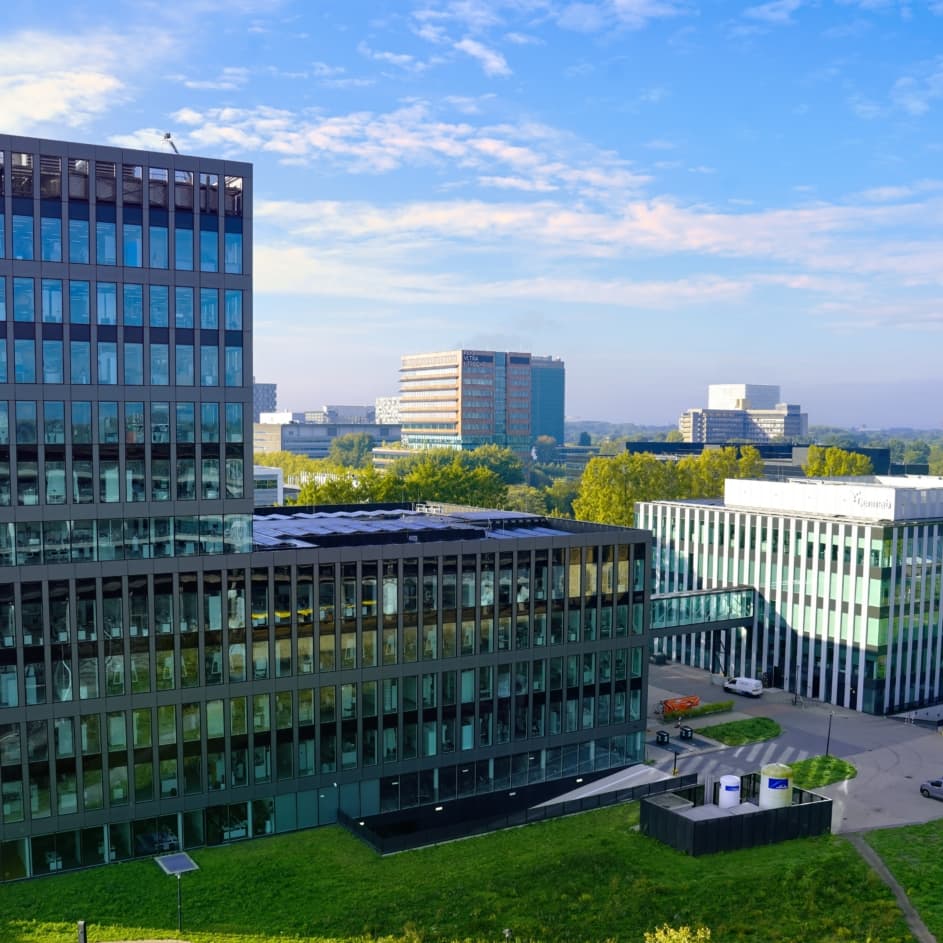Working together to improve palliative care for children with cancer

HOPE4Kids is a four-year European Joint Action project, coordinated by the Princess Máxima Center, in which over seventy organizations from 23 countries work together to improve palliative care for children with cancer through shared knowledge, guidelines, and training.
HOPE4Kids is a European Joint Action project dedicated to advancing palliative care for children with cancer. More than seventy organizations from twenty-three European countries are working together over four years to develop person-centered care that meets the needs of children and their families. The EU-funded project is coordinated by the Princess Máxima Center.
Every year, around 25,000 children in Europe are diagnosed with cancer. Pediatric palliative care supports children living with life-threatening illnesses and focuses on their quality of life, as well as that of their families. This includes relieving physical symptoms, but also providing emotional and spiritual support, and guidance in making difficult decisions about treatment and end-of-life care. Doctors and nurses specializing in palliative care can be involved from the very start of a child’s treatment.
HOPE4Kids
In many hospitals across Europe, care for children with cancer focuses mainly on treating the disease and managing symptoms, while specialized palliative care is often not integrated. The European project HOPE4Kids (Holistic Oncological Palliative care 4 Europe’s Kids) aims to change this, ensuring that more children and families receive the support they need. Its goals include sharing knowledge, developing joint European guidelines, testing best practices, and creating practical tools for healthcare professionals and families. Training and educational programs are also being developed.
Collaboration across Europe
HOPE4Kids brings together healthcare professionals, researchers, policymakers, and parent organizations from twenty-three countries. The consortium includes twenty research institutions, twenty-one hospitals, and three parent associations. The project is funded with a 12-million-euro grant from the European Commission and was co-initiated by Máxima International, part of the Princess Máxima Center. Máxima International was established to foster closer global collaboration among pediatric oncologists. Improving palliative care aligns perfectly with the center’s mission: to cure every child with cancer, with optimal quality of life.
Professor Leontien Kremer, research group leader at the Princess Máxima Center, coordinates the HOPE4Kids project together with Dr. Erna Michiels, pediatric oncologist specialized in palliative care. Kremer looks forward to the international collaboration: “By working together across borders, we can learn from each other and grow. Together, we are building a strong foundation for palliative care in Europe—centered on the child and their family.”
Towards a European individual care plan
This four-year project ultimately aims to achieve concrete improvements in the availability and quality of pediatric palliative care across Europe. Michiels explains how the partners plan to achieve this: “We are developing evidence-based guidelines and mapping out the current state of palliative care in Europe. In addition, we are creating training programs for healthcare professionals, educators, caregivers, and parents.”
Kremer adds: “Think of digital support for home care, more accessible information for parents, and an individual care plan that can be used across Europe. We are also exploring how we can learn from one another and improve policy.”
“Above all, with HOPE4Kids we hope to take an important step toward better pediatric palliative care, in the Netherlands and beyond—so that every child with cancer can receive the care they truly need, at the time they need it most,” Michiels concludes.
The project’s official kick-off meeting took place in October in Amsterdam, with around 140 participants in attendance.

Registration for the HiPRO Utrecht Marathon 2026 Now Open
On Sunday, 31 May 2026, Utrecht will once again revolve around the HiPRO Utrecht Marathon, supported by Utrecht Science Park.

Laigo Bio at Utrecht Science Park raises €11.5 million in investments
Laigo Bio, a start-up located at Utrecht Science Park in the Life Sciences Incubator building, announced today that it has raised €11.5 million in investments from a large number of leading investors.

Wennink plan: Life Sciences and biotechnology are important growth drivers for the earning capacity of the Netherlands
The Dutch Life Sciences and biotechnology sector can make a much larger contribution to the Netherlands’ economic strength. This is shown in a new growth strategy presented today as part of Peter Wennink’s advisory report. The report also highlights Utrecht Science Park as one of the key innovation locations and sources of progress and growth.
